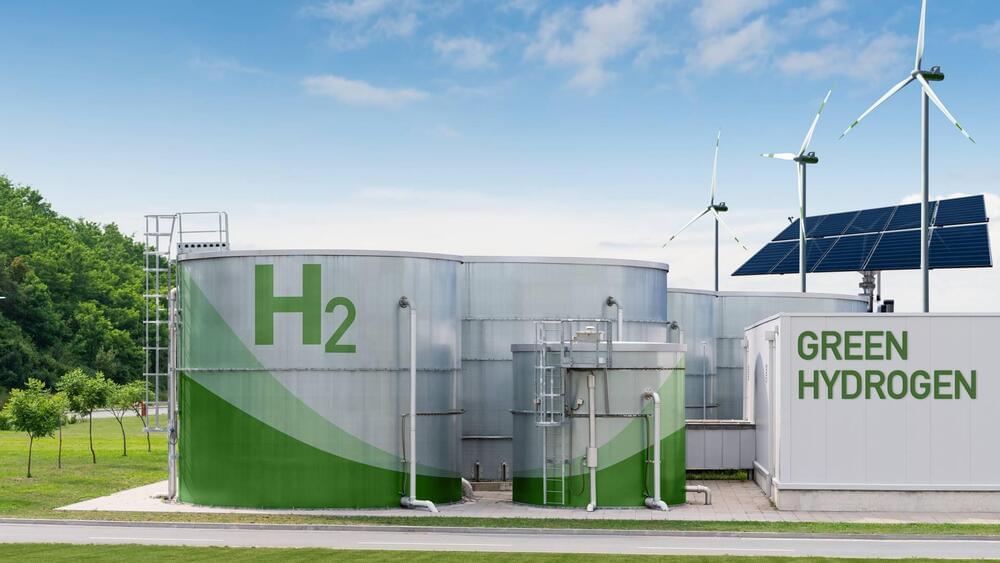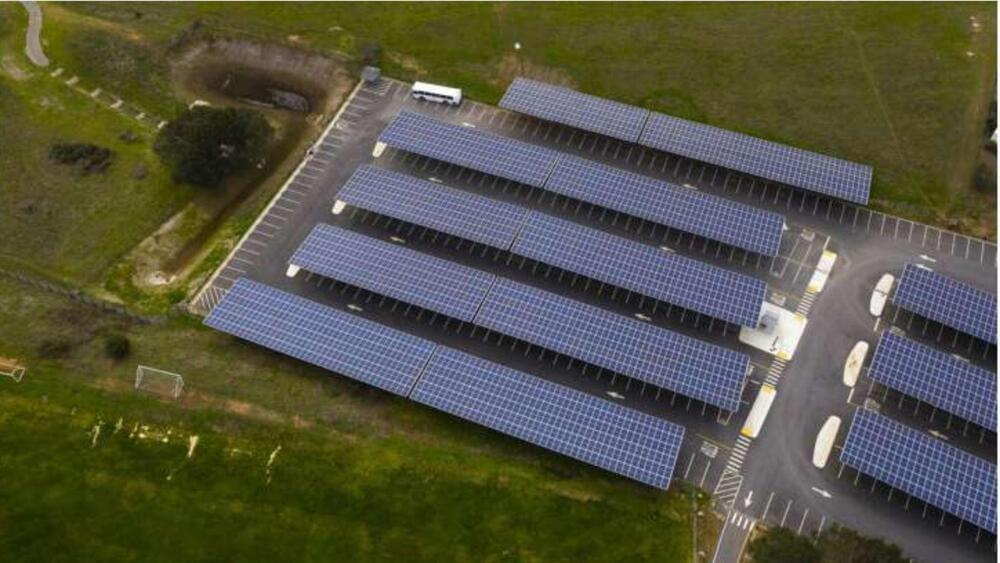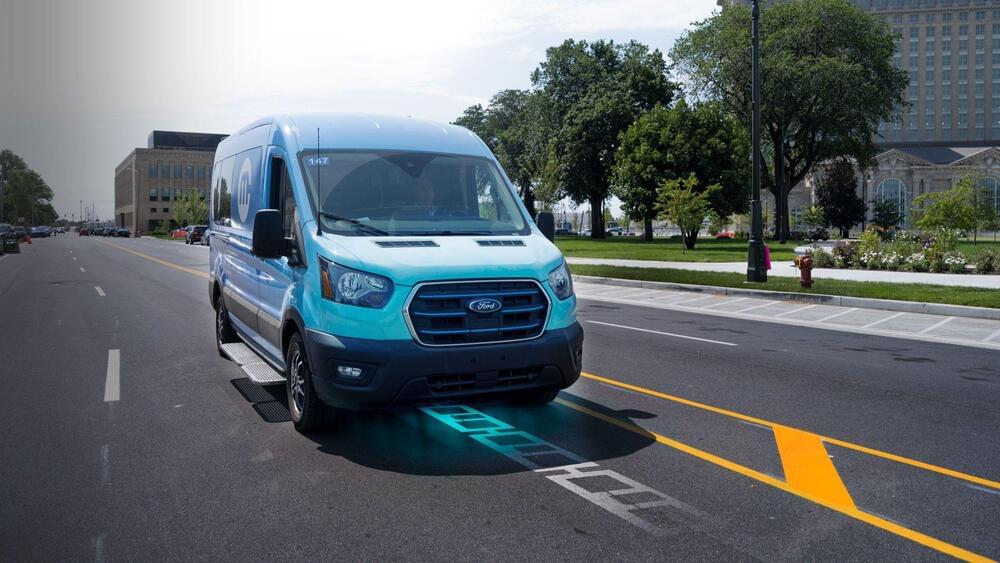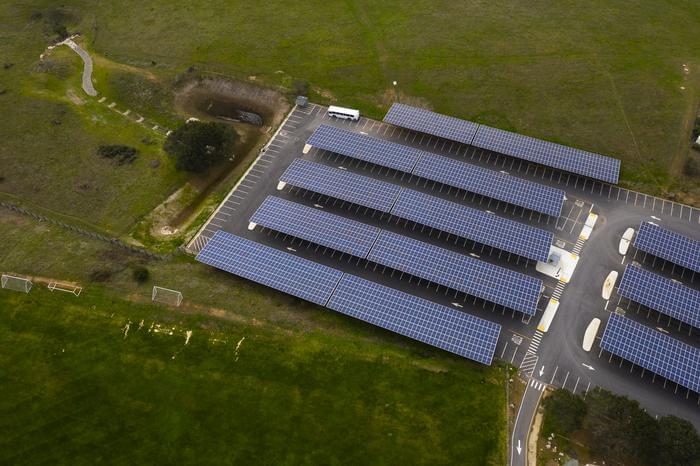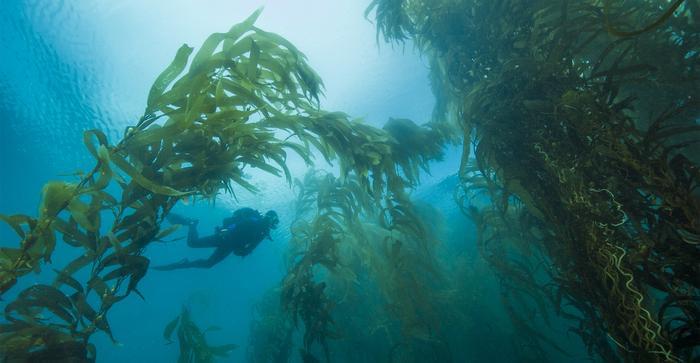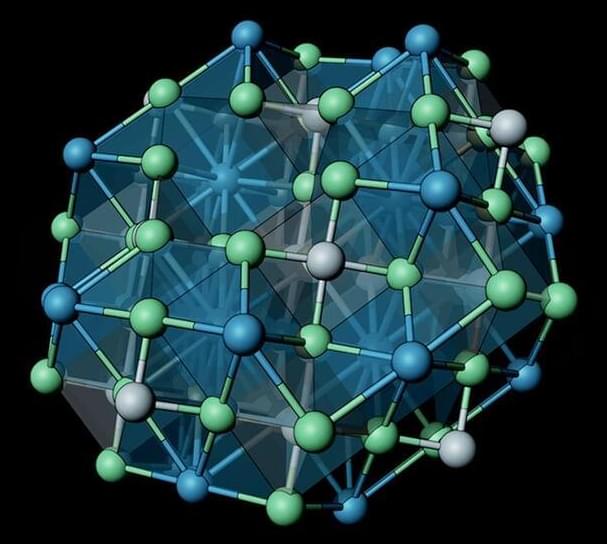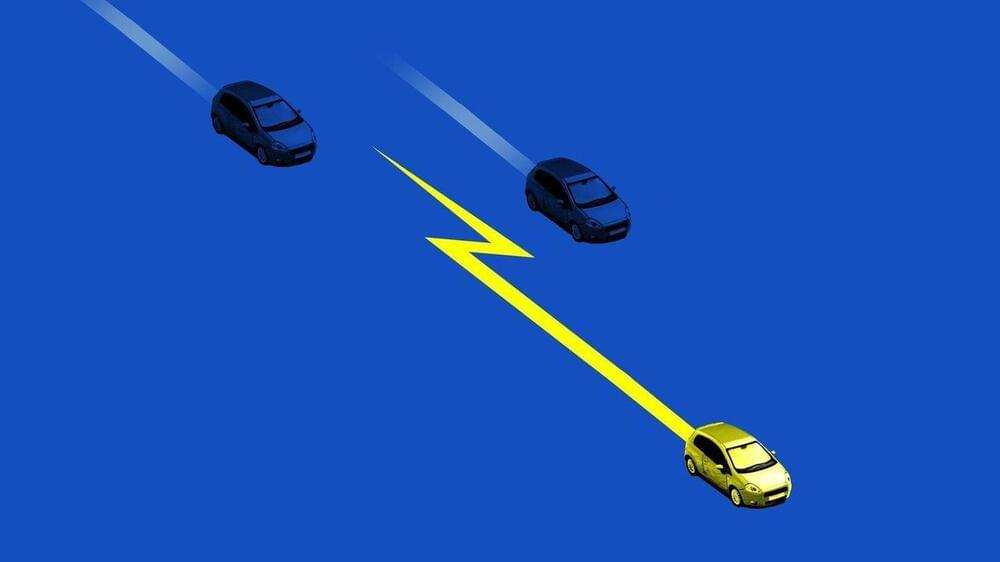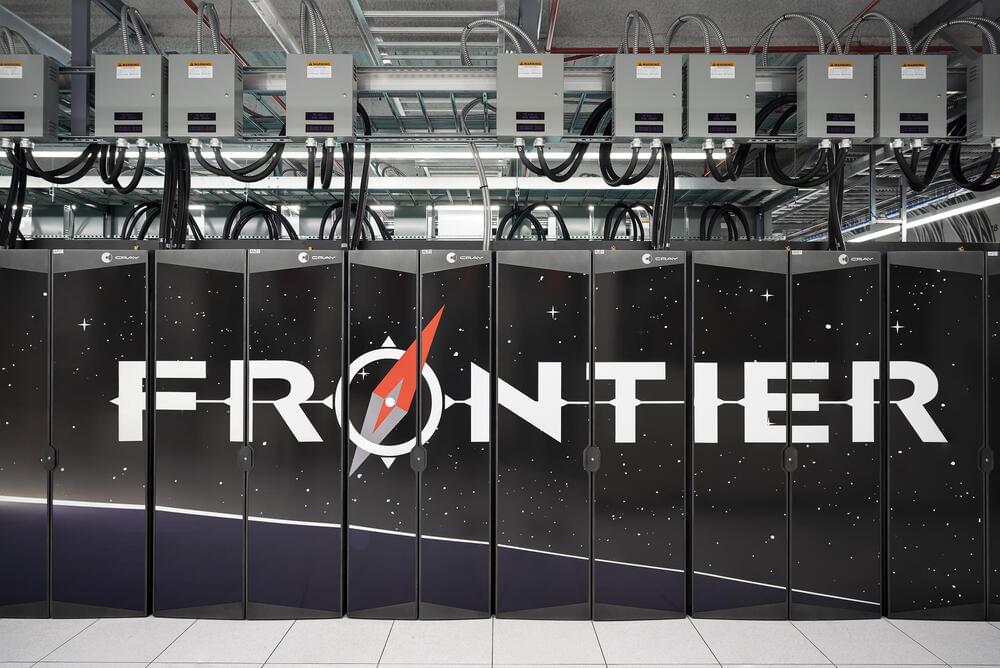
OAK RIDGE, Tenn. — At Oak Ridge National Laboratory, the government-funded science research facility nestled between Tennessee’s Great Smoky Mountains and Cumberland Plateau that is perhaps best known for its role in the Manhattan Project, two supercomputers are currently rattling away, speedily making calculations meant to help tackle some of the biggest problems facing humanity.
You wouldn’t be able to tell from looking at them. A supercomputer called Summit mostly comprises hundreds of black cabinets filled with cords, flashing lights and powerful graphics processing units, or GPUs. The sound of tens of thousands of spinning disks on the computer’s file systems, and air cooling technology for ancillary equipment, make the device sound somewhat like a wind turbine — and, at least to the naked eye, the contraption doesn’t look much different from any other corporate data center. Its next-door neighbor, Frontier, is set up in a similar manner across the hall, though it’s a little quieter and the cabinets have a different design.
Yet inside those arrays of cabinets are powerful specialty chips and components capable of, collectively, training some of the largest AI models known. Frontier is currently the world’s fastest supercomputer, and Summit is the world’s seventh-fastest supercomputer, according to rankings published earlier this month. Now, as the Biden administration boosts its focus on artificial intelligence and touts a new executive order for the technology, there’s growing interest in using these supercomputers to their full AI potential.

